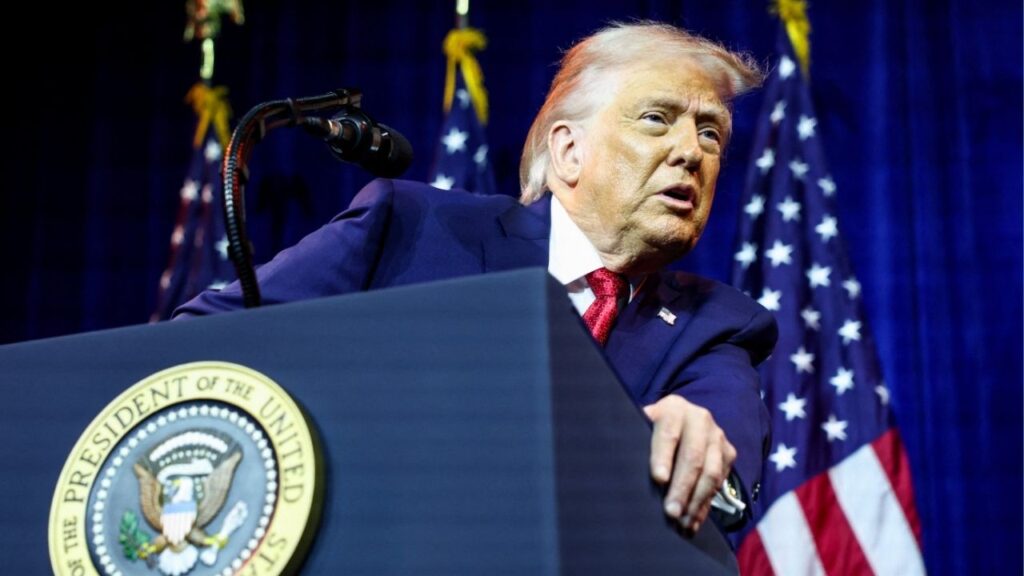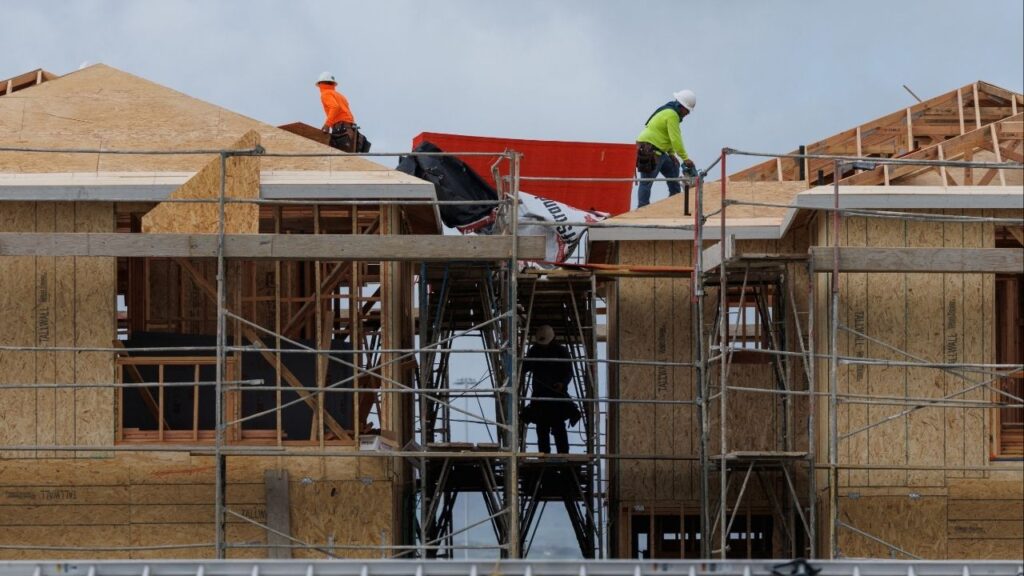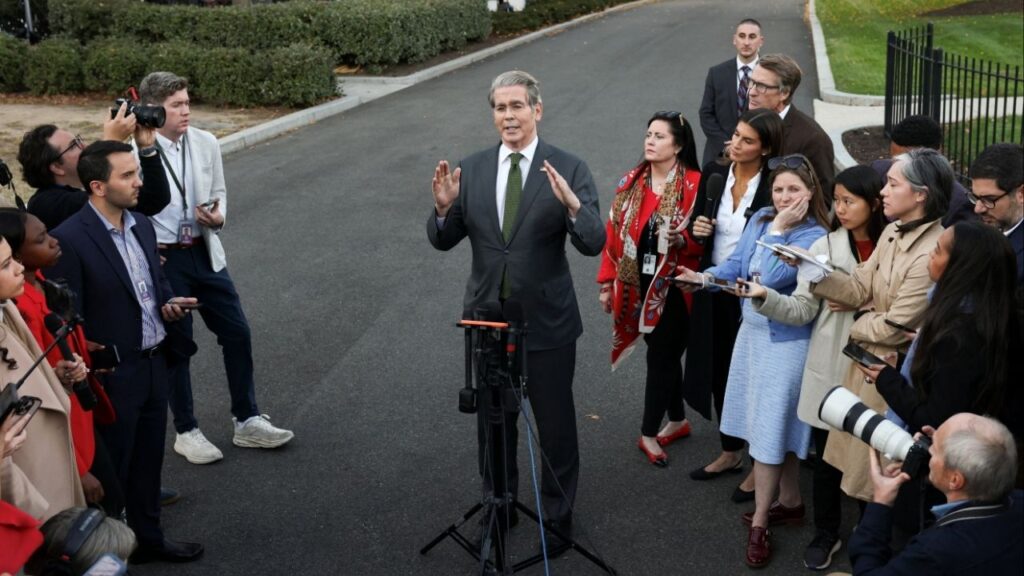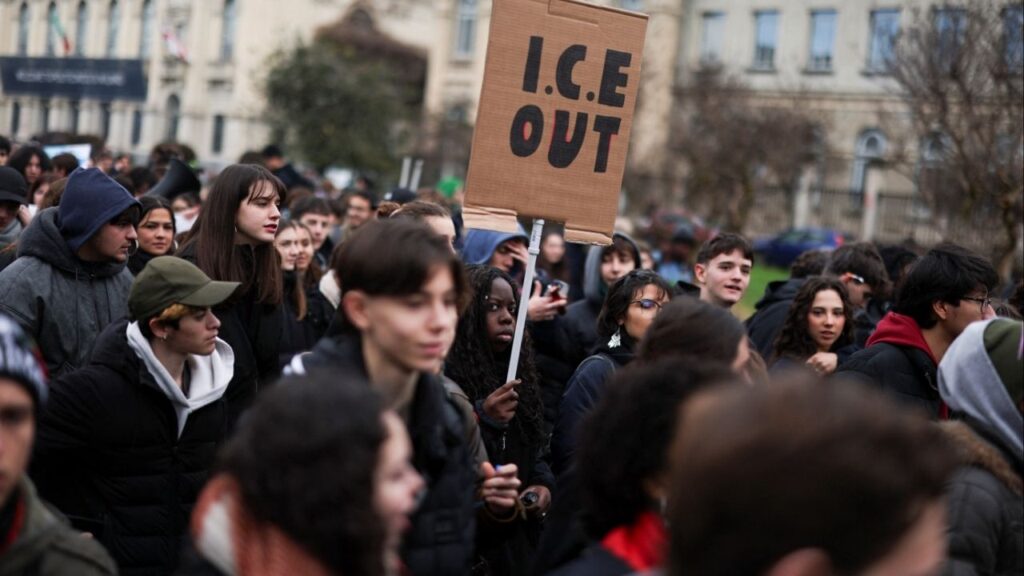Former President Donald Trump appears at Manhattan criminal court during jury deliberations in his criminal hush money trial in New York, Thursday, May 30, 2024. (Steven Hirsch/New York Post via AP, Pool)

- Jury in Donald Trump’s hush money trial reached a verdict on Thursday.
- Verdict from the 12-person jury is expected to be delivered soon in a Manhattan courtroom.
- Trump is charged with 34 counts of falsifying business records at his company.
Share
|
Getting your Trinity Audio player ready...
|
UPDATE: 2:25 p.m., PT, Thursday, May 30, 2024:
Donald Trump became the first former president to be convicted of felony crimes Thursday as a New York jury found him guilty of falsifying business records in a scheme to illegally influence the 2016 election through hush money payments to a porn actor who said the two had sex.
Related Story: Guilty as Charged: Trump Is First Former U.S. President Convicted of Felony ...
Original Story
NEW YORK — The jury in Donald Trump’s hush money trial has reached a verdict, signaling a highly anticipated culmination of the first criminal case against a former American president.
The verdict from the 12-person jury is expected to be delivered soon in the Manhattan courtroom where prosecutors spent weeks presenting allegations that Trump participated in a hush money scheme aimed at suppressing stories he feared could be harmful to his 2016 presidential campaign.
An acquittal would represent a massive win for the former president who will return to the campaign trail as an emboldened candidate aiming to retake the White House in November’s presidential election, while a guilty verdict would represent a stunning legal reckoning for Trump after years of criminal investigations.
Trump is charged with 34 counts of falsifying business records at his company in connection with an alleged scheme to hide potentially embarrassing stories about him during his 2016 Republican presidential election campaign.
The charge, a felony, arises from reimbursements paid to then-Trump lawyer Michael Cohen after he made a $130,000 hush money payment to porn actor Stormy Daniels to silence her claims that she and Trump had sex in 2006. Trump is accused of misrepresenting Cohen’s reimbursements as legal expenses to hide that they were tied to a hush money payment.
Trump has pleaded not guilty and contends the Cohen payments were for legitimate legal services. He has also denied the alleged extramarital sexual encounter with Daniels.
To convict Trump, the jury would have to find unanimously that he created a fraudulent entry in his company’s records, or caused someone else to do so, and that he did so with the intent of committing or concealing another crime.
The crime prosecutors say Trump committed or hid is a violation of a New York election law making it illegal for two or more conspirators “to promote or prevent the election of any person to a public office by unlawful means.”
While the jury must unanimously agree that something unlawful was done to promote Trump’s election campaign, they don’t have to be unanimous on what that unlawful thing was.
The jurors — a diverse cross-section of Manhattan residents and professional backgrounds — often appeared riveted by testimony in the trial, including from Cohen and Daniels. Many took notes and watched intently as witnesses answered questions from Manhattan prosecutors and Trump’s lawyers.
RELATED TOPICS:
Categories
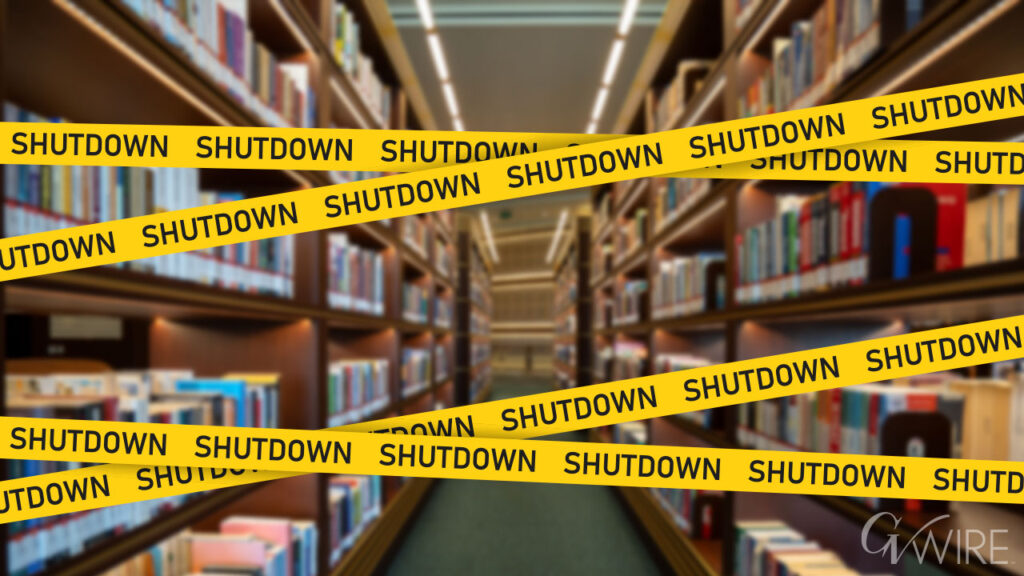
Renovations to Close Downtown Fresno Library for Two Years
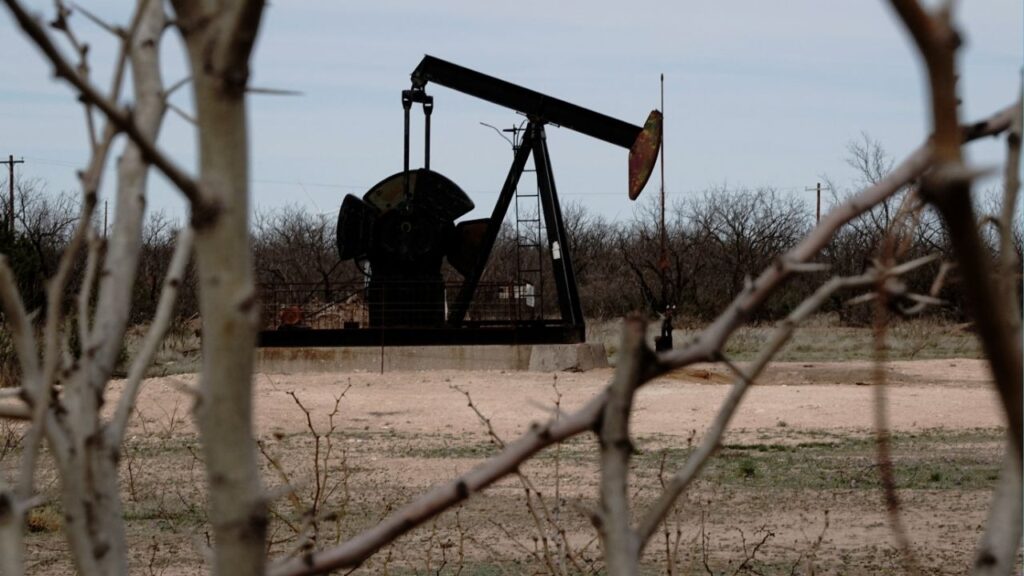
Oil Prices Climb Over $1 on Worries Over Iran-US Talks
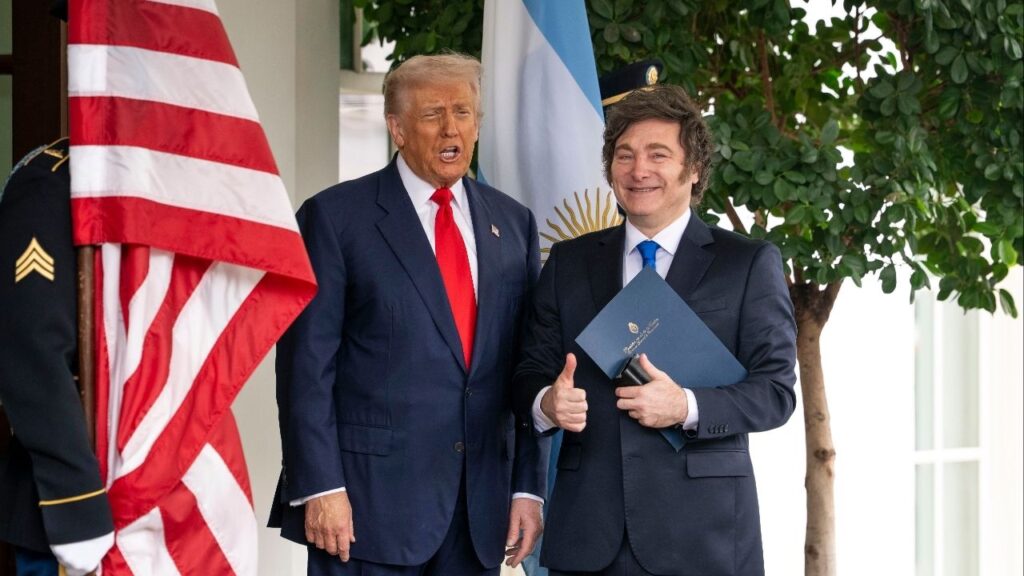
Argentina and US Sign Sweeping Trade Deal as Alliance Deepens

Fresno Teen Killed in Pedestrian Crash on Highway 99 Identified
